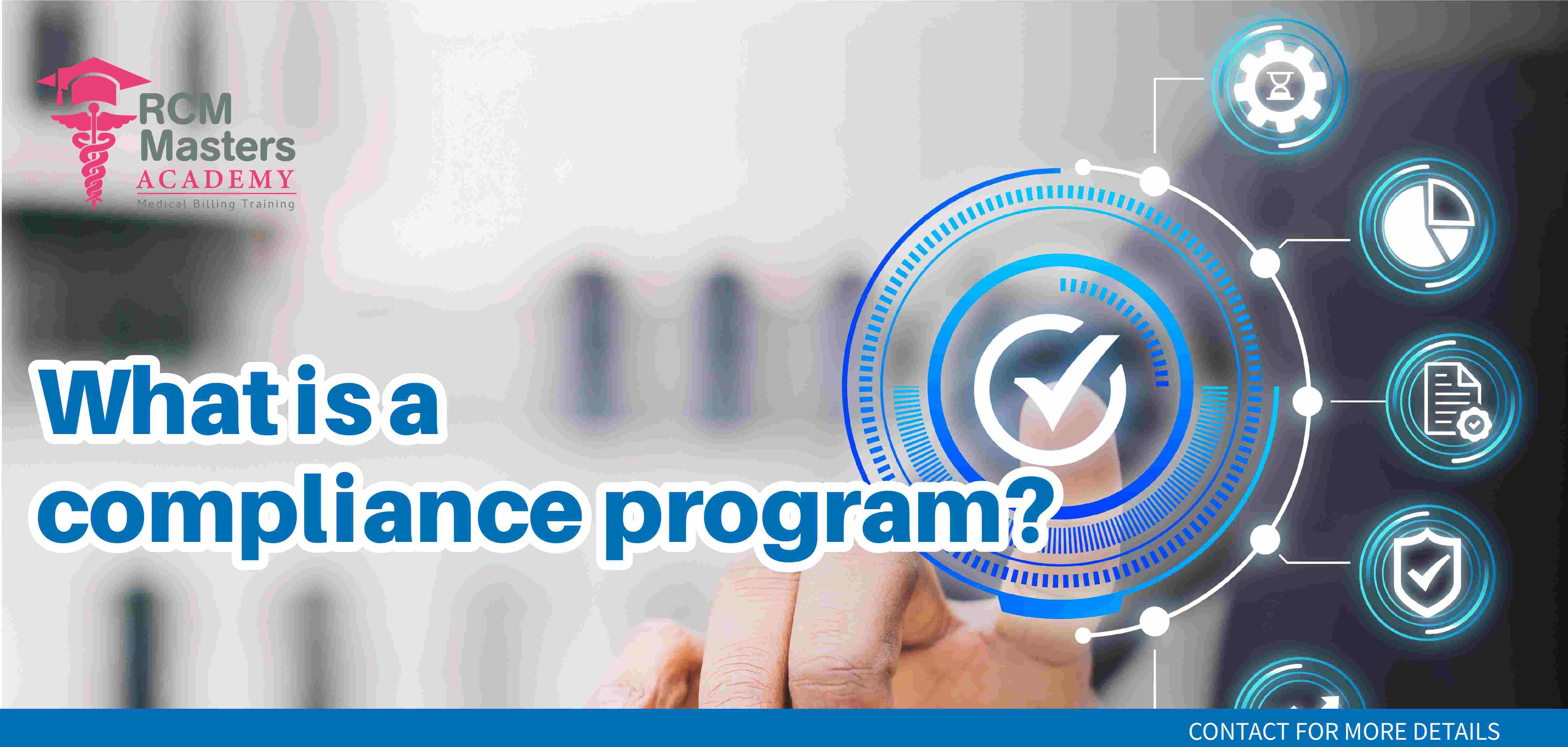 info@rcmmastersacademy.com
info@rcmmastersacademy.com

In the United States, medical billing compliance programs are particularly important due to the complex and ever-changing nature of healthcare regulations, such as those set forth by the Centers for Medicare & Medicaid Services (CMS) and private health insurers. Failure to comply with these regulations can lead to severe financial penalties, legal actions, and reputational damage.
Key elements of a medical billing compliance program typically include:
1) Written Policies and Procedures: Establishing clear and comprehensive guidelines for billing and coding processes, documentation, and employee conduct.
2)Designation of a Compliance Officer: Appointing an individual within the organization responsible for overseeing and managing the compliance program.
3)Employee Education and Training: Conducting regular training sessions to ensure staff members are aware of billing regulations and know how to handle billing tasks correctly.
4)Monitoring and Auditing: Regularly reviewing billing practices to identify potential issues and ensure compliance with regulations.
5)Reporting and Corrective Action: Implementing a system for employees to report potential compliance violations and addressing any identified issues through appropriate corrective action.
6)Response and Prevention: Developing procedures to respond to compliance violations and taking steps to prevent similar occurrences in the future.
7)Risk Assessment: Identifying areas of high-risk within the billing process and implementing additional controls to minimize potential issues.
8)Contract and Vendor Oversight: Ensuring that third-party vendors and contractors involved in billing processes also comply with relevant regulations.
9)Ongoing Review and Improvement: Continuously monitoring the effectiveness of the compliance program and making adjustments as necessary to keep up with changing regulations and best practices.
By implementing an effective compliance program, healthcare providers can minimize the risk of unintentional billing errors, fraudulent practices, and billing non-compliance, which in turn helps to maintain the integrity of the healthcare system and safeguard patient care.
You can enroll for our Online Medical Billing Training here: